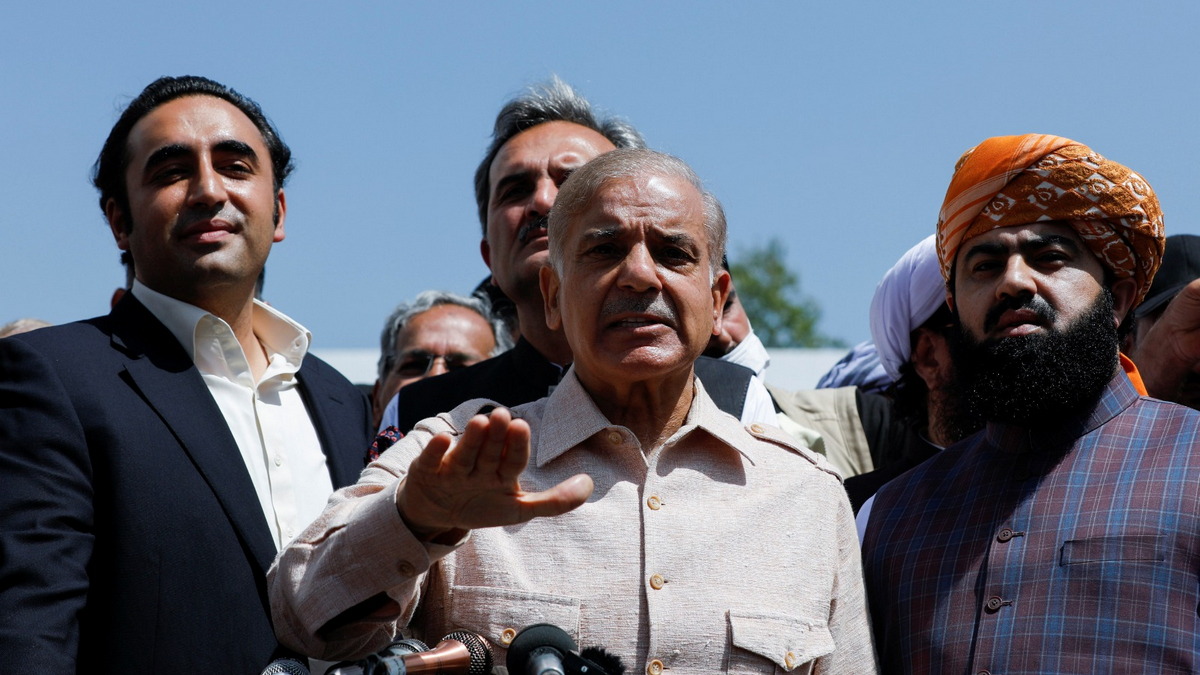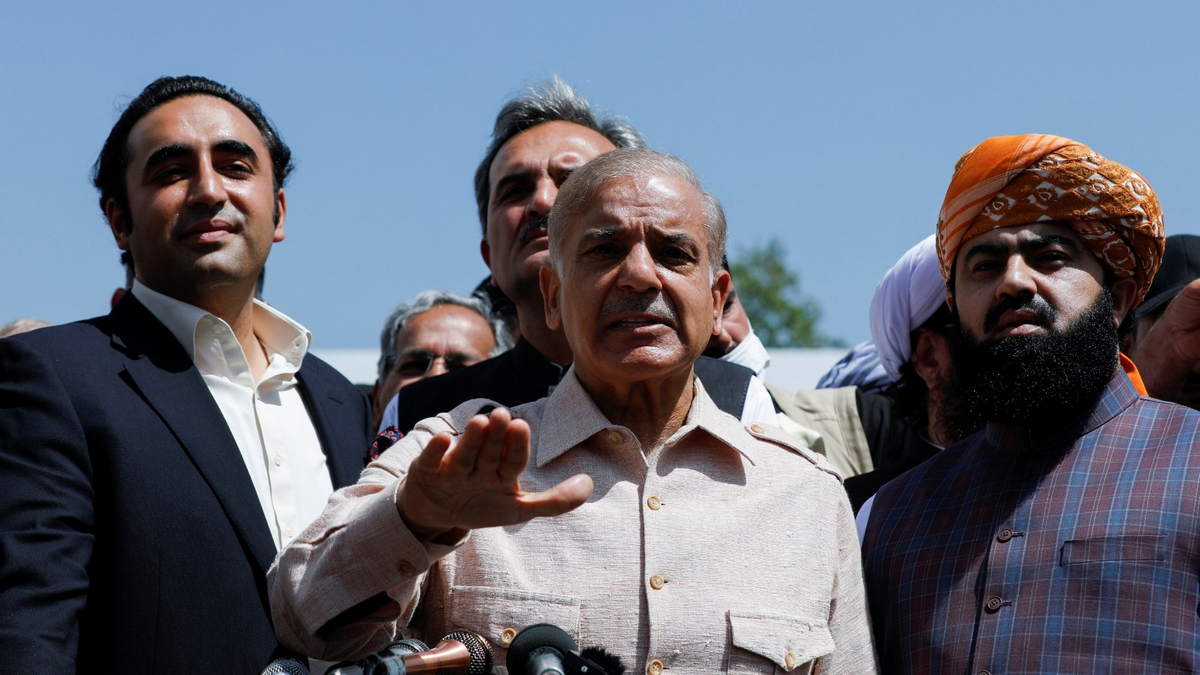Islamabad: A mere 22 per cent of women in Pakistan are employed, despite their progress in the educational attainment, the World Bank noted on Friday, adding that this accumulated human capital is “underused” because of constraints Pakistani women face to participate in the labour force.
“Women in Pakistan have made progress in educational attainment, but this accumulated human capital is underused because of constraints they face to participate in the labour force,” said Najy Benhassine, World Bank Country Director for Pakistan.
“With only 22 percent of women employed in Pakistan, women’s labour force participation is among the lowest in the world. By closing the female employment gap relative to its peers, Pakistan can accrue GDP gains of up to 23 percent. Successful implementation of policies to address the demand - and supply - side barriers to female labor force participation, can create about 7.3 million new jobs for women," Benhassine added.
Amid severe economic crisis in the cash-strapped country, a report by the World Bank stated that Pakistan’s economy can grow sustainably only if the Shehbaz Sharif-led country introduces “productivity enhancing reforms that facilitate a better allocation of resources into more dynamic activities, and of talent to more productive uses”.
Pakistan’s inability to allocate all its talent and resources to the most productive uses has stunted economic growth, according to the World Bank report, titled “From Swimming in Sand to High and Sustainable Growth”.
While presenting evidence of systematic productivity stagnation across firms and farms, the report further stated that in manufacturing and services, most of Pakistan’s productivity stagnation is related to firms losing efficiency over time. It further mentions a systematic decline in agricultural productivity, along with a strong link between elevated temperatures and rainfall variations and productivity.
Critical reforms to revive economy
Amid indecisive talks between the Shehbaz Sharif-led Pakistani government and the International Monetary Fund (IMF) for bailout package, the report by the World Bank presents a roadmap to reduce distortions in the country’s cash-strapped economy that are currently acting as a deterrent to productivity growth.
Some of the critical reforms include – harmonising direct taxes across sectors, so that more resources flow into dynamic tradable sectors like manufacturing and tradable services, instead of real estate and non-tradables; reduce the anti-export bias of trade policy by lowering import duties and reversing the anti-diversification bias of export incentives.
Economy in ‘critical’ situation
Gonzalo J. Varela, who is a senior economist and co-author of the World Bank report, said Pakistan’s economy is at a “critical stage”.
“It could be a turning point where long-term structural imbalances that have prevented sustainable growth for too long ought to be addressed urgently. The report puts forward a series of policy recommendations to achieve this in a sequenced way,” Varela said.
“First, reduce distortions that misallocate resources and talent. Second, support growth of firms through smart interventions, rather than through blanket subsidies. Third, create a positive, dynamic loop between evidence and policymaking, strengthening feasibility analysis of publicly funded projects or programs,” the economist added.
Top recommendations of World Bank report
The World Bank report has urged the country to step up positive impact on businesses and productivity across the board by – reducing regulatory complexity; harmonizing the general sales tax (GST) across provinces; reforming investment laws to attract more foreign direct investment; and upgrading insolvency laws to reduce the costs of liquidating non-viable firms, read a statement.
Here’s what the World Bank report has recommended -
Provide safe and affordable mobility especially for women.
Boost digital connectivity and digitally enabled jobs.
Demonstrate the benefits of increased female labour force participation to positively shift entrenched norms.
Develop skills.
Reduce sectoral gender bias.
Economist and co-author of the World Bank report, Zehra Aslam said firms in Pakistan struggle to “grow large as they grow old”.
“A young formal firm in Pakistan that has been in operation for 10 to 15 years is about the same size as a firm that has been in operation for more than 40 years. Similarly, an average Pakistani exporter is less than half the size of one in Bangladesh. This shows a lack of dynamism amongst Pakistani firms, compared to better functioning markets, where firms either grow or exit,” Aslam said.
(With inputs from agencies)
Read all the Latest News , Trending News , Cricket News , Bollywood News , India News and Entertainment News here. Follow us on Facebook , Twitter and Instagram .


)




)
)
)
)
)
)
)
)